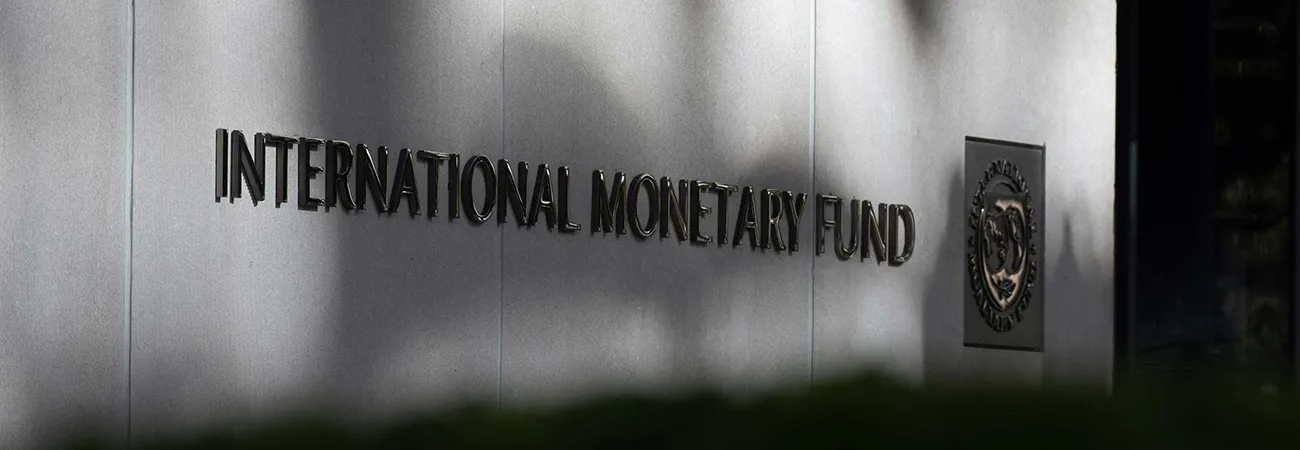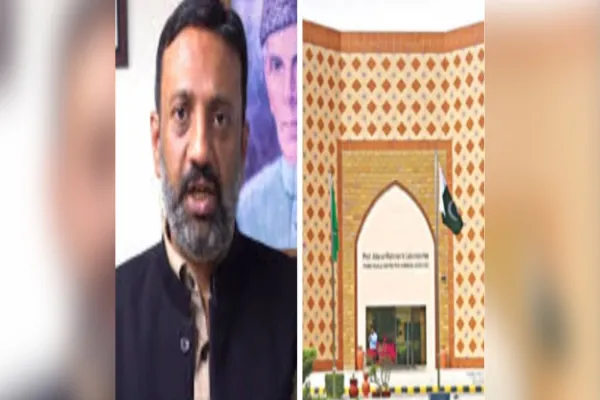i NEWS PAKISTAN
The IMF has cautioned that the recent monsoon floods have seriously hurt Pakistan's economy, growth may slow, inflation may rise, and the current account deficit could increase. The International Monetary Fund (IMF) has shared its findings in its latest Regional Economic Outlook for the Middle East and Central Asia. Pakistan's GDP growth estimated to remain 3.6% in current financial year. This is below the target of 4.2% set by the government.
Heavy flood damage to agriculture, roads, and homes has caused the damage, IMF said. These losses will likely reduce income and drive-up prices. The IMF also warned that inflation could surge again in coming months owing to the end of electricity subsidies, tariff hikes, and supply issues caused by the flooding. Food and energy prices are expected to be hit the hardest, according to report.
Pakistan taking steps for a positive current account balance as increased foreign remittances have helped to control the current account deficit, according to the outlook. The IMF praised Pakistan's reform efforts and said that continued policy reforms could improve long-term stability. The Fund projected that, if reforms continue, growth could reach 4.5% by 2030. The IMF further advised for reforms in the tax system and the energy sector. The report urged to end short-term subsidies in various sectors.
Credit: Independent News Pakistan (INP)









